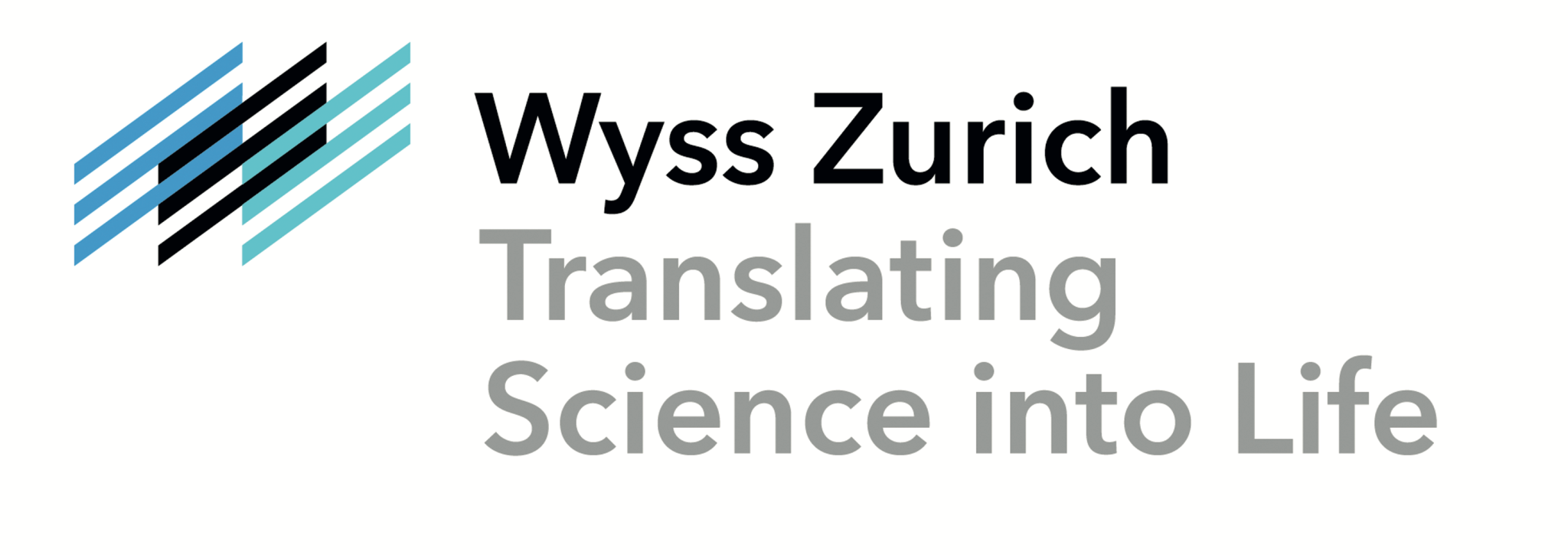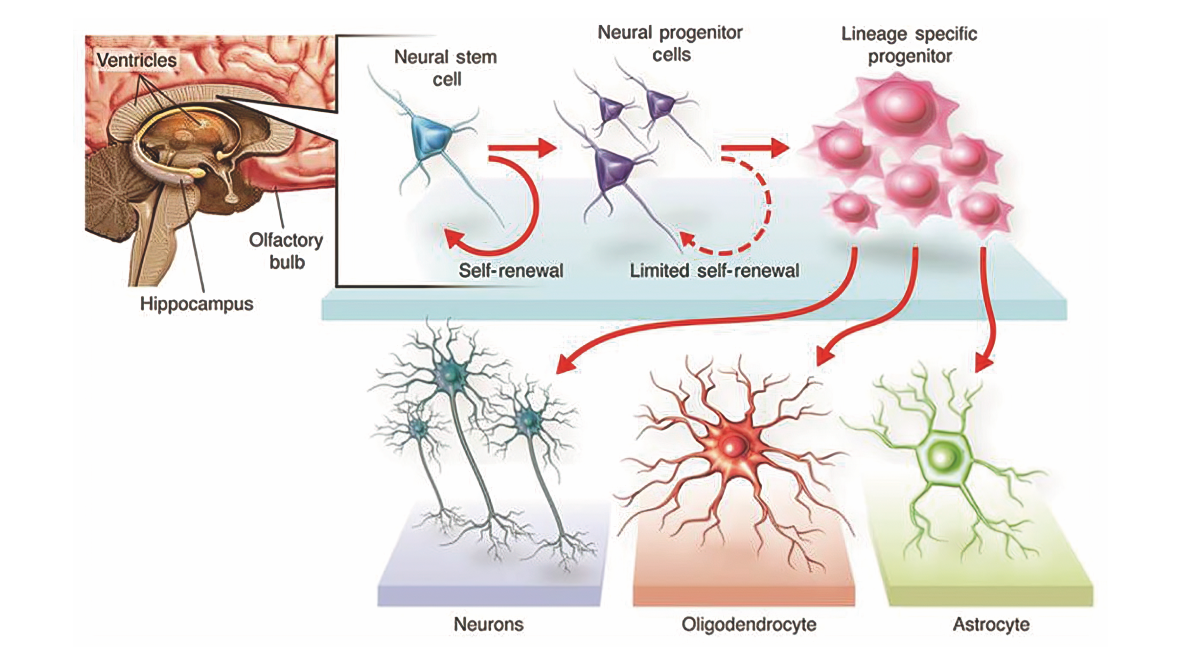- Get directions
- Leave a review
- Claim listing
- Bookmark
- Share
- Report
- prev
- next
- Monday, May 2, 2022 @ 10:00 am
Switzerland is a liberal country, characterized by market economics and reliant on the effectiveness of the global marketplace. It shies away from applying government capital to fund startups. Nor does it intervene to build infrastructure to increase capacity or strengthen the competitiveness of a particular industry sector. Instead, Switzerland prefers to invest heavily in its leading universities and in fostering education and talent.

Michael Altorfer
Swiss Biotech Association | CEO

Marta Gehring
Swiss Biotech Association | Special projects
Collaboration and cooperation, while remaining market driven
A key part of this strategy has been the formation of public private partnerships (PPPs) which promote close collaboration between academic research groups and industrial partners. These PPPs allow partners to benefit from the complementarity of their expertise and strengths and help to turn discoveries into marketable solutions faster.
In some cases, such collaborations are focused on just one project and operate for the duration of that single purpose. Larger PPPs, however, can morph into centers of excellence that become financially independent and develop a broad scope of development activities. A prime example of this is the IOB in Basel that has developed into a world leading clinical center of excellence in ophthalmology (see below). Moreover, Swiss PPPs often include international partners, particularly in the life science field, which is not surprising given the strength and size of the sector in Switzerland.
The Swiss government’s arm’s length attitude to intervention
Around the globe, many countries take an “interventionist” approach, involving state funded R&D or state funds for innovative companies. Switzerland instead prioritizes a system that relies almost exclusively on the free market and the engagement of the private sector to establish a thriving startup environment. Through its innovation agency, Innosuisse, Switzerland specifically encourages the formation of PPPs, typically by providing funding for joint projects in which academic research groups and industrial partners collaborate. Innosuisse funds are paid to the academic partners to complement the investment provided by the biotech startups and SMEs. With this approach, Switzerland fosters innovation at arm’s length, taking no part in the governance of the private companies and avoiding any ownership in the private sector.
A strong academic research network is essential to enable effective PPPs
Clearly, the high quality of academic research groups in Switzerland plays a central role in the development of the Swiss network of PPPs. Switzerland continues to invest heavily into the “Swiss National Science Foundation” (SNSF), its universities and university hospitals and the national innovation agency Innosuisse.
Recognizing the importance and complementary strengths of the academic research groups, the Swiss Biotech Association works with biotechnet Switzerland (see ‘Working together towards innovation that matters’ article, Page 24), Swiss Universities and individual academic institutions to foster collaborations in translational research. Here the objective is to apply new discoveries with a focus on developing meaningful, applicable results that directly benefit human health and advance biomedical innovation.
Benefits for both the Swiss biotechnology sector and global biomedical innovation
Switzerland’s approach to foster innovation through PPPs has proven to be highly effective at strengthening translational research. Over the last three decades many private foundations, advisors, investors, and media partners have established a strong startup framework that is not only limited to biotech, but also encourages scientific innovation and new business models in financial and services industries.
At the same time, Switzerland’s market driven approach means that newly formed biotech companies secure funding via market mechanisms from the start. Emerging companies have to be competitive in the international realm and be attractive to foreign and domestic investors alike. The global investment and industrial community seem to recognize the value of this approach as the number of collaborations with Swiss biotech and pharma companies has been on the rise and the capital influx into Swiss biotech startups and SMEs has increased almost ten-fold during the last 10 years. At the same time, the Swiss biotech and pharma industry has become the dominant force in Swiss exports, almost tripling the export value during the last 20 years and contributing more than 40% of the country’s total exports (see Page 14).
Finally, an analysis of new patent filings indicates that international collaborations and consortia typically develop higher value patents (i.e. patents with a high technological relevance and a high market potential, see ‘High competitive impact of Swiss biotech patents amplified by extensive international cooperation’ article, Page 20). Equally, the global community has been successfully sharing scientific know-how which which has in turn led to the development of new products (see COVID-19 vaccines and therapies and many other examples).
PPPs come in many shapes and forms - from early-stage research projects all the way to fully developed clinical centers of excellence
The four examples below serve as showcases to demonstrate the diversity and respective benefits of Swiss PPPs for both the public and private partners. In all four cases the main funding does not come from the government agency Innosuisse, but from private individuals or pharma companies. This is in line with the Swiss government’s approach of investing heavily in the academic rather than the commercial side of PPPs.
1. Debiopharm’s “IDEAL initiative”, Lausanne
The catalyst
Given Switzerland’s flourishing ecosystem of public institutions, universities, hospitals, and developers, Debiopharm was looking to source more locally generated innovation (see 'Working together towards innovation that matters' article, Page 24). Debiopharm is a private biopharma company whose main activities include drug development, drug manufacturing and digital health investment.
Objective
Reinforce collaboration between Debiopharm and Swiss university research centers to accelerate the pathway from early scientific innovation to clinical development.
Development stage and therapy areas
Discovery stage compounds in oncology and bacterial infections.
Private sector benefit
First sight of locally generated innovations for potential entry into the company’s expanding pipeline.
Public sector benefit
Opportunity for academia to accelerate research project output via Debiopharm’s expert development advice combined with financial support. In 2021 for example, Debiopharm signed a collaboration agreement with the University of Geneva’s School of Pharmaceutical Sciences.
Reference
2. The Wyss Center Geneva and Zurich
The catalyst
According to the Wyss Center, “interdisciplinary teams unite the best of academia and industry”.
The Wyss Center in Geneva is a not-for-profit neurotechnology research foundation, while the Wyss Center in Zurich is the joint translational research accelerator of the University of Zurich and the Swiss Federal Institute of Technology Zurich (ETH). Both were made possible by a generous donation from the Swiss entrepreneur and philanthropist Dr. Hansjörg Wyss.
Objective
Advance understanding of the brain to drive development of transformative bio- and neurotechnologies.
Development stage and therapy areas
Basic and applied research in neurobiology, neuroimaging and neurotechnology in epilepsy, stroke, Alzheimer’s disease, and dementia.
Private sector benefit
The Wyss Center acts as a PPP accelerator and has established “academic and clinical collaboration” and “translational team” units responsible for cooperating with faculties, clinicians, research centers and hospitals in Switzerland and beyond. Advanced projects have already spun out as independent companies and others are preparing for that step.
Public sector benefit
Access to the Wyss Center’s teams to support efficient translation of technologies to the clinic. It provides crucial input on protocol development, clinical trial management, regulatory affairs, quality assurance, business development, intellectual property management and entrepreneurship.
Reference
https://wysscenter.ch/approach
https://www.wysszurich.uzh.ch/
3. Institute of Molecular and Clinical Ophthalmology (IOB), Basel
The catalyst
The IOB institute was established in December 2017 with an understanding that ophthalmic researchers and clinicians need closer collaboration to generate ground-breaking innovation. Given its constitution as a foundation, the IOB institute grants academic freedom to its scientists.
Objective
Encouraging basic researchers and clinicians to work hand in hand in advancing the understanding of vision and its diseases mechanisms to develop new therapies for vision loss.
Development stage and therapy areas
Ophthalmology, with a focus on early stage macular degeneration, glaucoma, and myopia treatments.
Private sector benefit
Access to 11 study groups (6 in the molecular and 5 in the clinical study group) and 6 platforms covering genetics, imaging, translational research, myopia, and genetic epidemiology of ophthalmic diseases, visual neurophysiology, and significantly, a clinical trial centre platform.
Public sector benefit
The institute benefitted from CHF 20 million in funding in 2021 alone and has facilitated collaboration with industry, including with Novartis and Roche in Basel and Beam Therapeutics in Boston, Massachusetts, USA among others.
Reference
Founding partners: https://iob.ch/partnering-institutions
4. Balgrist Campus, Zurich
The catalyst
Since 1909, the Balgrist University Hospital has worked in collaboration with the University of Zurich, providing training for doctors in all areas of musculoskeletal health. The next step was to extend the collaboration with industry and the Swiss Federal Institute of Technology in Zurich (ETH).
The Balgrist University Hospital is a private non-profit institution “managed according to economic principles” and entirely focussed on offering cutting-edge orthopaedic medicine and first-class treatment of musculoskeletal disorders.
The Swiss Federal Institute of Technology in Zrich (ETH) is a publicu research university, consistently ranked among the top 1-5 universities in Europe, and among the top 3-10 best universities in the world.
Objective
The creation of a campus location for researchers, medical practitioners, developers, and industry to work together on musculoskeletal health, spearheaded by the Balgrist University Hospital and ETH in Zurich.
Development stage and therapy areas
Musculoskeletal health including orthopaedics, radiology, anaesthesiology, rheumatology, physical medicine and chiropractic.
Private sector benefit
Access to cutting edge engineering (ETH) and biomedical research (Balgrist and University of Zurich), providing an opportunity for first sight of locally generated innovations with a compelling market potential.
Public sector benefit
Balgrist Campus brings together medical practitioners, researchers, and industry working on human musculoskeletal system, combining the efforts of three key entities:
- University of Zurich - The Swiss Federal Institute of Technology in Zurich (ETH)
- The Balgrist University Hospital
Reference
https://www.balgrist.ch/en/research/research-units/research-paraplegia/research-projects/
Already a key pillar
In conclusion, Swiss PPPs have already fully demonstrated their ability to foster the rapid application of translational research in an industrial setting. They have helped to advance the development of new platform technologies and distinct therapies and diagnostics alike across a broad range of therapeutic areas. Academic research is strengthened with a focus on addressing unmet medical needs, while private corporations can accelerate innovative projects with external support at lower cost.
Whether it is spin-outs from universities, new ventures established by biotech investors, spin-offs from large pharma companies or simply companies that move to Switzerland to benefit from its excellent framework and networks, all ecosystem participants have access to this innovation hub and government support through the PPP approach. The diversity and effectiveness of PPPs have thus become a key source of Swiss biomedical innovation.








